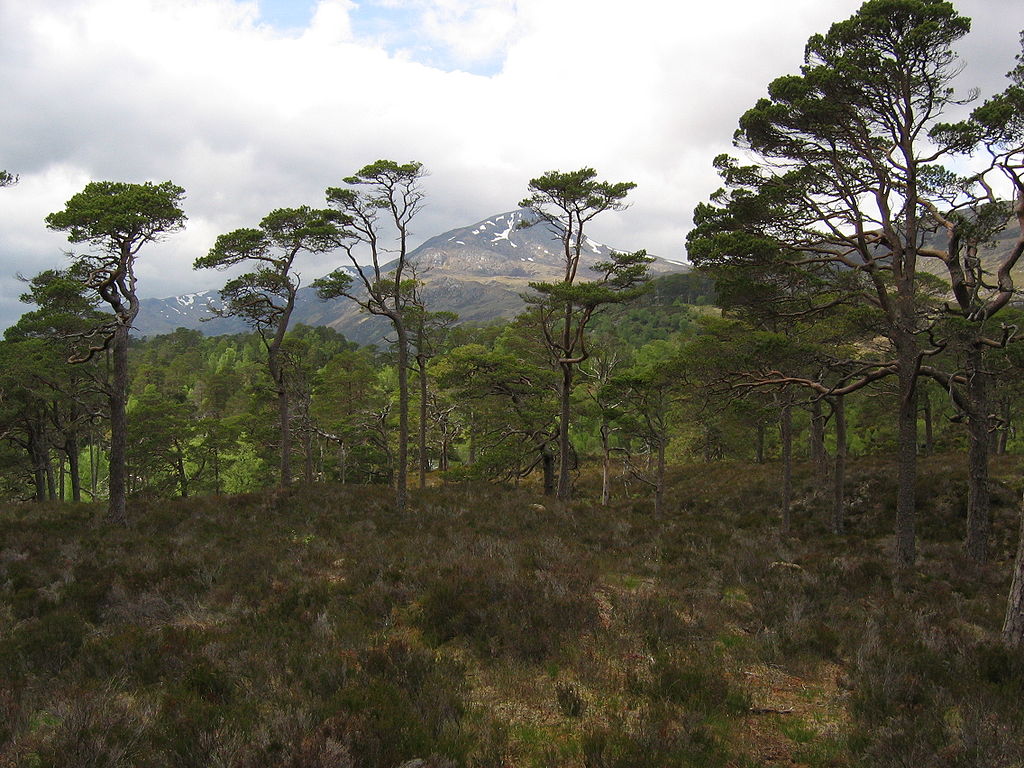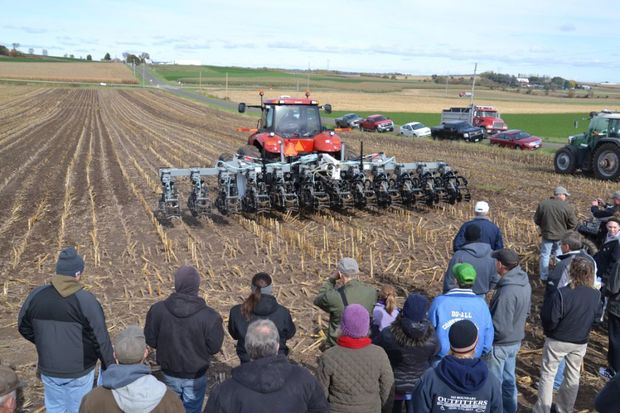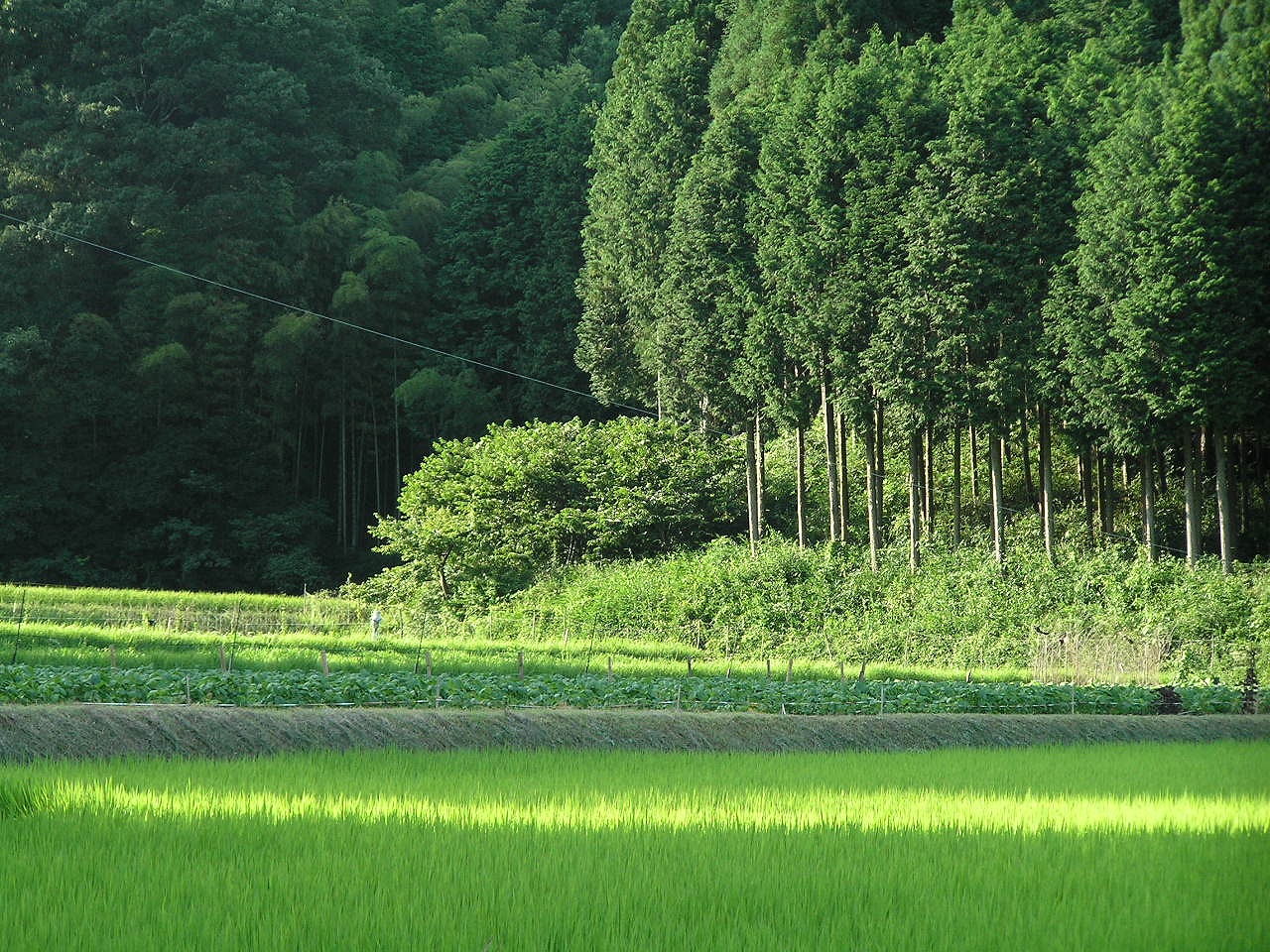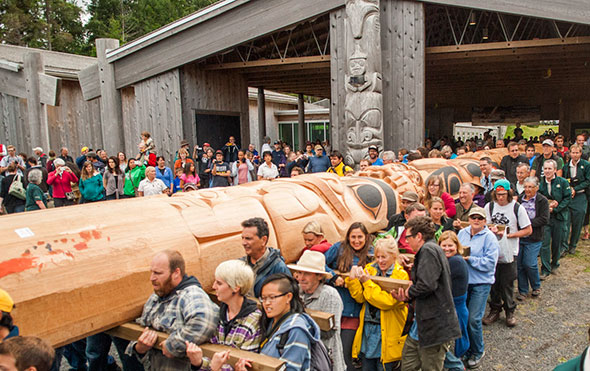Urban Designed Experiments
How can learning and experimentation improve urban sustainability? Urban Designed Experiments are projects that embed ecological research into urban design to study and shape buildings, landscapes, and the infrastructure of human settlements. Designed Experiments are a type of project rather than a specific project, and several have been conducted in the USA. They combine elements of adaptive management with landscape architecture and urban renewal to co-create new urban landscapes that are sustainable and human-friendly. The projects are adaptable, flexible and are based on connecting educational organizations, grassroots organizations, local Governments, and local Stakeholders. [...]




